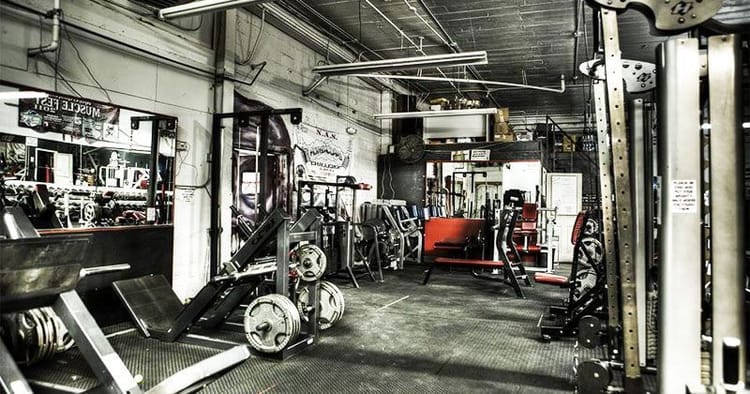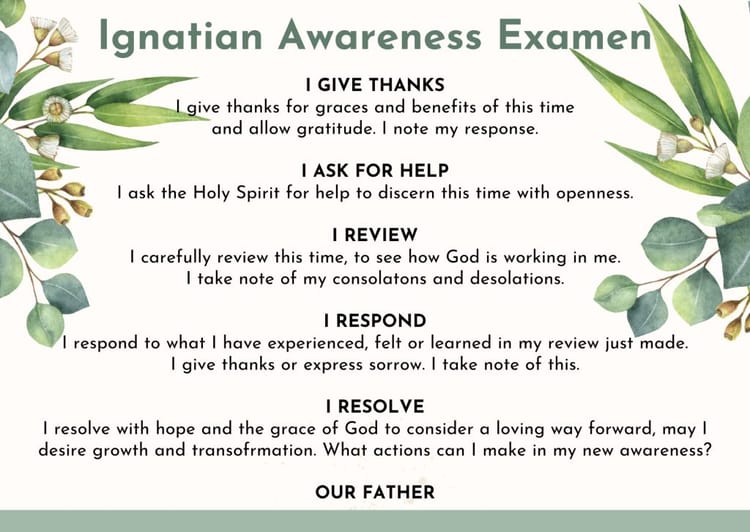Glory in Work Boots

Some saints wear the habit, and some wear Carhartt. Some kneel in the chapel, some on a garage floor. Some saints choose or are given penance to mortify the flesh, and for some pain and discomfort are ever-present companions throughout the workday. Catholic men are told to model themselves after St. Joseph or to imitate certain virtues displayed by saints like Maximillian Kolbe, Thomas Merton or even Pope St. John Paul II. We are told to “sanctify your work”, make “work a prayer”, and that our vocation is our path to holiness. Yet, if you’re like me, I find myself constantly asking, “How?”
I am a boiler operator by trade and training, but an armchair theologian and student by nature. Modern life is hectic (I know mine is), at times too fast-paced for my contemplative and introverted nature, and I have spent much of my career feeling unfulfilled in many ways. So, when I’m told that my job and role as a husband and father can help make me holy, are in fact meant to be my path of
discipleship and holiness, I am admittedly skeptical; there are days I’d rather read Aquinas than The Very Hungry Caterpillar, nights I’d prefer to be found on my knees before the Blessed Sacrament than on the bathroom floor rinsing a kid off in the tub. Yet the Church, especially Vatican II, tells us that we are meant to be holy, and that the domestic church which we find ourselves, by God’s grace, the heads of is exceedingly important to the Kingdom.
Despite these noble exhortations, the reality is that the men we have to look up to are 1) celibate (in the case of priests and religious, 2) silent (in the case of St. Joseph in Scripture) or 3) God Incarnate (in the case of Jesus, the perfect man). Not exactly easy or accessible ideals to live up to and emulate. If we search Scripture for clues, we find ordinary men like ourselves placed at the intersection of God’s will and history; in other words, extraordinary circumstances that may broadly apply to the Christian life, but these can be difficult to translate into answers for questions like, “How do I make unfulfilling work an offering to God?”, “How am I supposed to be patient when I’m running on 3 hours of sleep and there are still errands and baths to run?”, “How can I think about God when it seems like my marriage is failing?” What’s more frustrating is that if we bring these questions to other Christians, we’re told to “Just offer it up” or “Pray the Rosary” or are provided a verse from Scripture that usually begins with the word “Fear” followed by the word “not”. As men, we yearn for concrete, authentic action that has significance and meaning, and so it’s no wonder so many of us hear the call to Headship of our domestic churches alongside the exhortation to personal holiness and think, “How? With what time? With what tools?”
I will be the first to admit that, while I’ve sought the Lord’s guidance in answering these questions for myself, I am far from perfect in my implementing His plan. At the heart of His plan, at the foot of the Cross and where discipleship begins, is the reality that we must pick up and carry our Crosses daily while repeating, “Not my will, but thine.” Spiritual conditions and fruits like radical abandonment to God’s will are not so much events as they are realities that we embrace via God’s grace. He asks us for a lifetime of availability to His will, then gives us the grace to know it and do it. And while that may be the lofty essence of discipleship, there are many practical and proven methods and actions we can, and should, commit to that both produce good fruit almost immediately while tilling the soil of our souls for future graces to take root, the type of graces that allow for some intense Kingdom Work to be accomplished through us, by God.
If we can see the interior life as a kind of “spiritual gym”, we see that consistency is key, but method is not to be ignored. We don’t want to be benching the same the weight we started with 6 months ago because we don’t know anything about basic training principles, and we do not want to be majoring in the minors when it comes to our relationship with God. I’m going to give you my routine, as it is in this busy season of my life, because everything I’ve said thus far is just words on a page, and I want you to feel convicted by those words to act, but I cannot stir up that conviction then give you no practical means to get some honest, holy work done. So lace up your work boots, jiggle your mouse, straighten your tie and roll up your sleeves.
- Nightly Examen
- The Dominican “Battle Rosary”
- Liturgy of the Hours (Divine Office)
- Regular Adoration and Confession
- Quiet Mental Prayer
- Intentional Fasting, Penance & Mortification
These are my spiritual dumbbells, my track shoes, my pipe wrenches that get the work done to build and maintain my discipleship and relationship with God. These are my non-negotiable practices that require a bit of sacrifice to maintain, but are not out of reach of a husband with a full-time job and six kids at home. There are at least three or four things on this list you can do today, so if you’re looking for God, turn around – He’s behind you, shovel in hand, ready to get to work: with you and on you.
Stay tuned for follow-up posts featuring deep-dives into each item on the list, as well as few that aren’t!





Member discussion